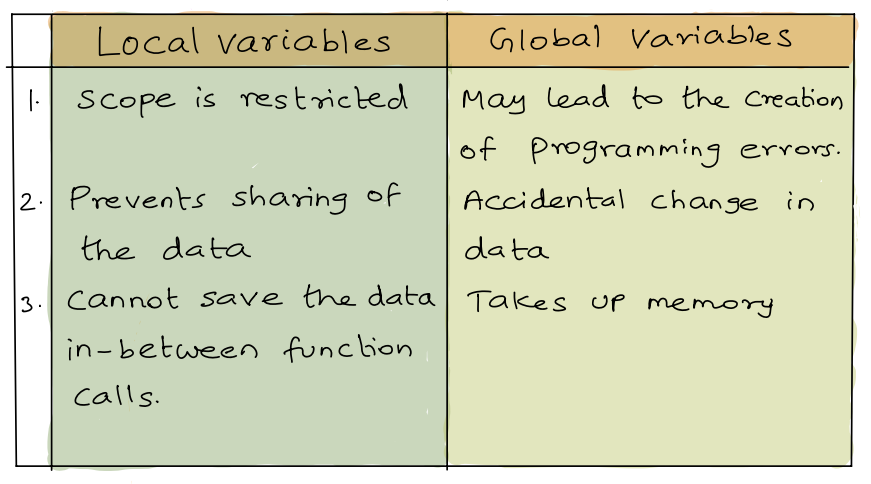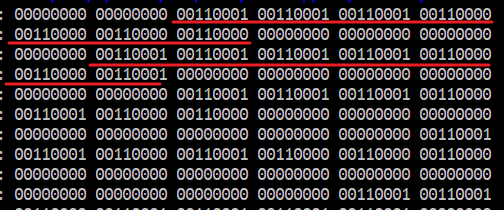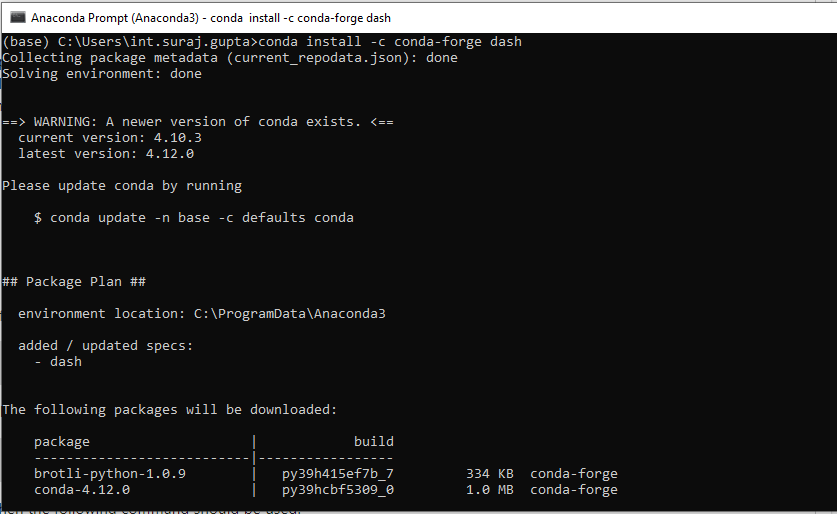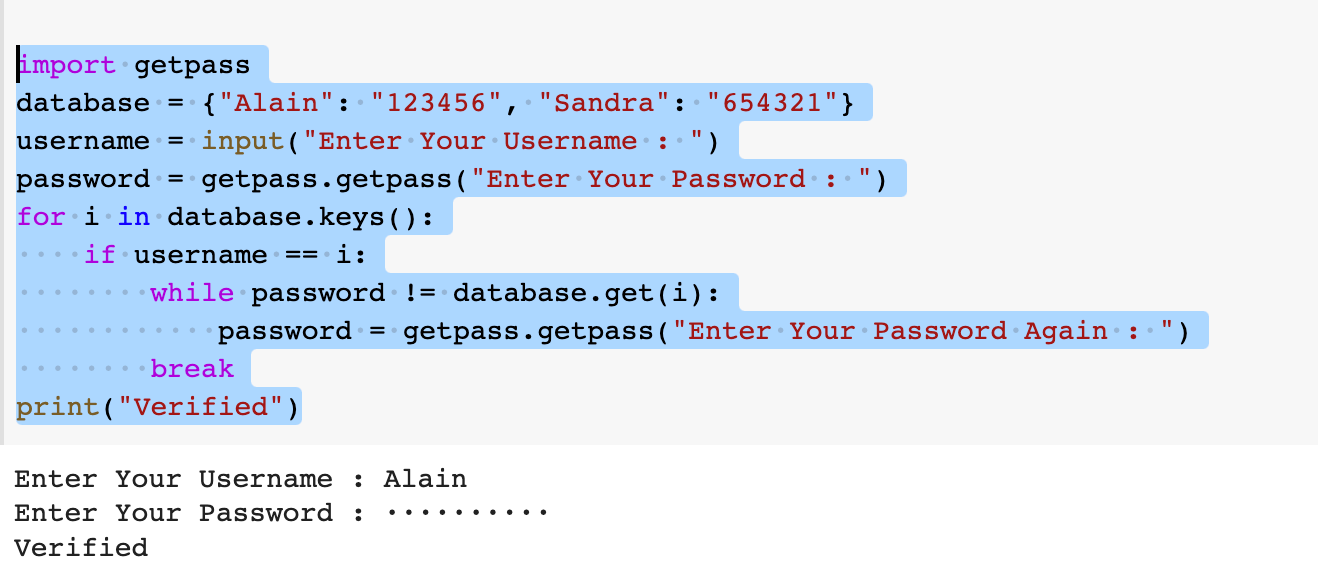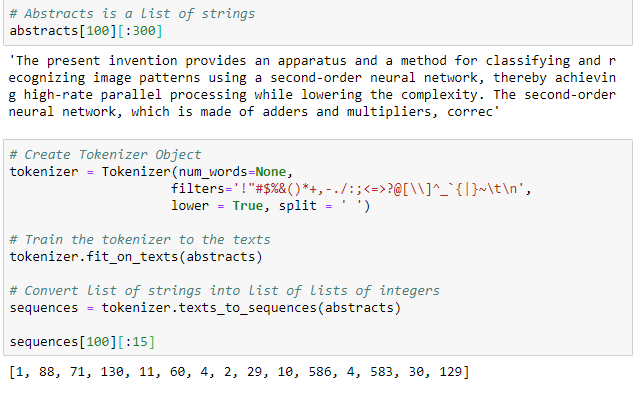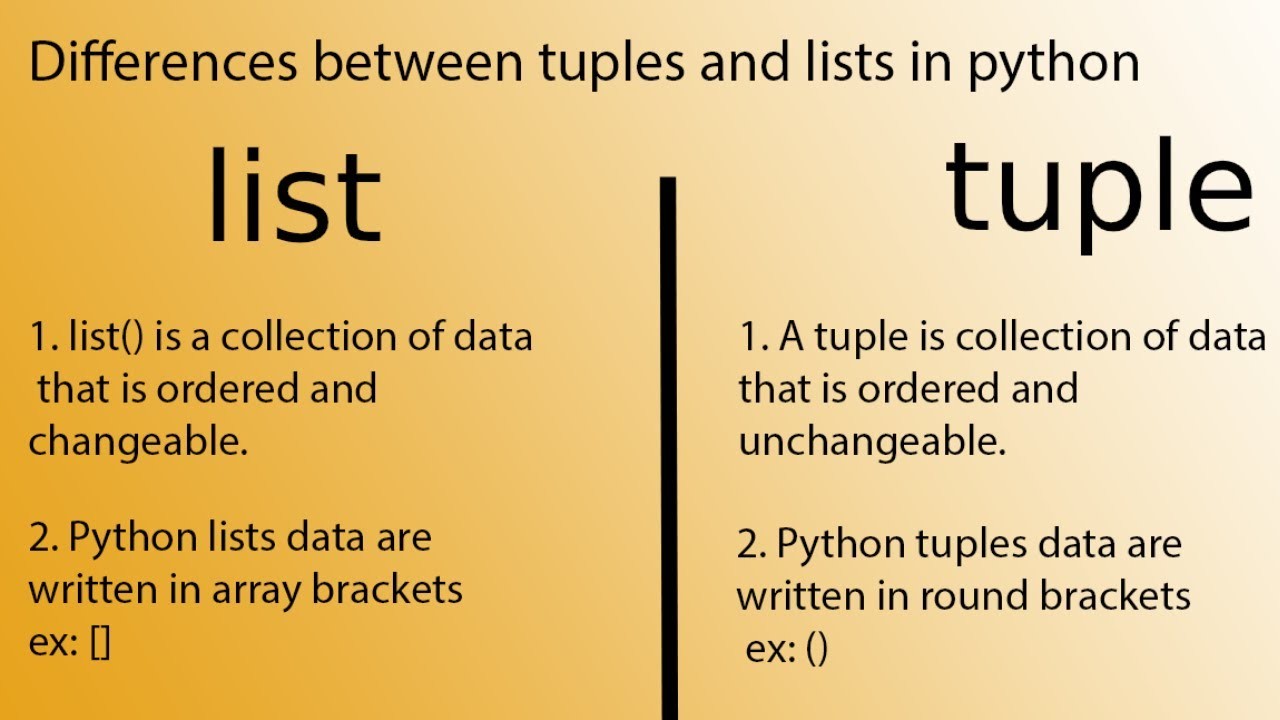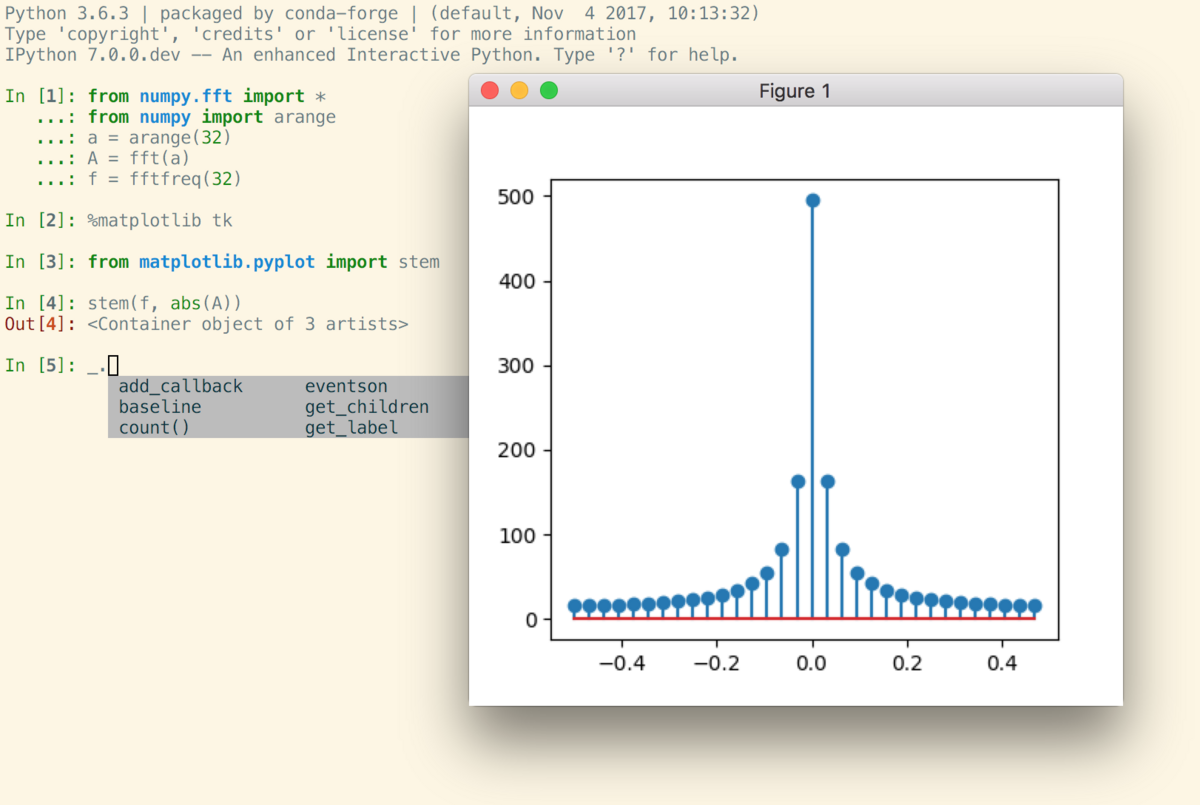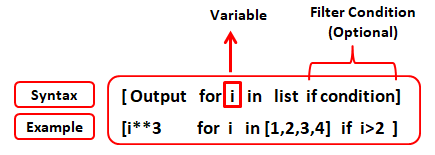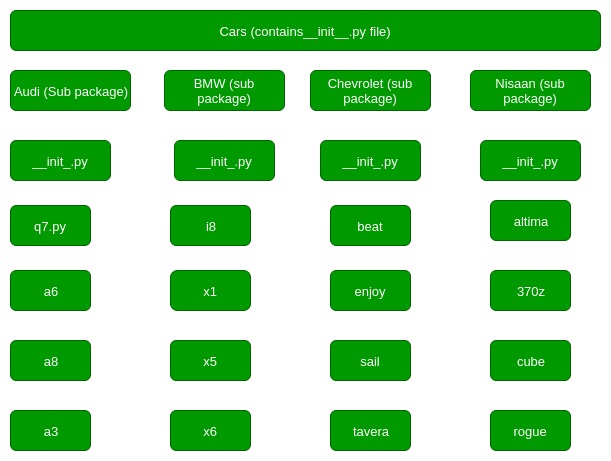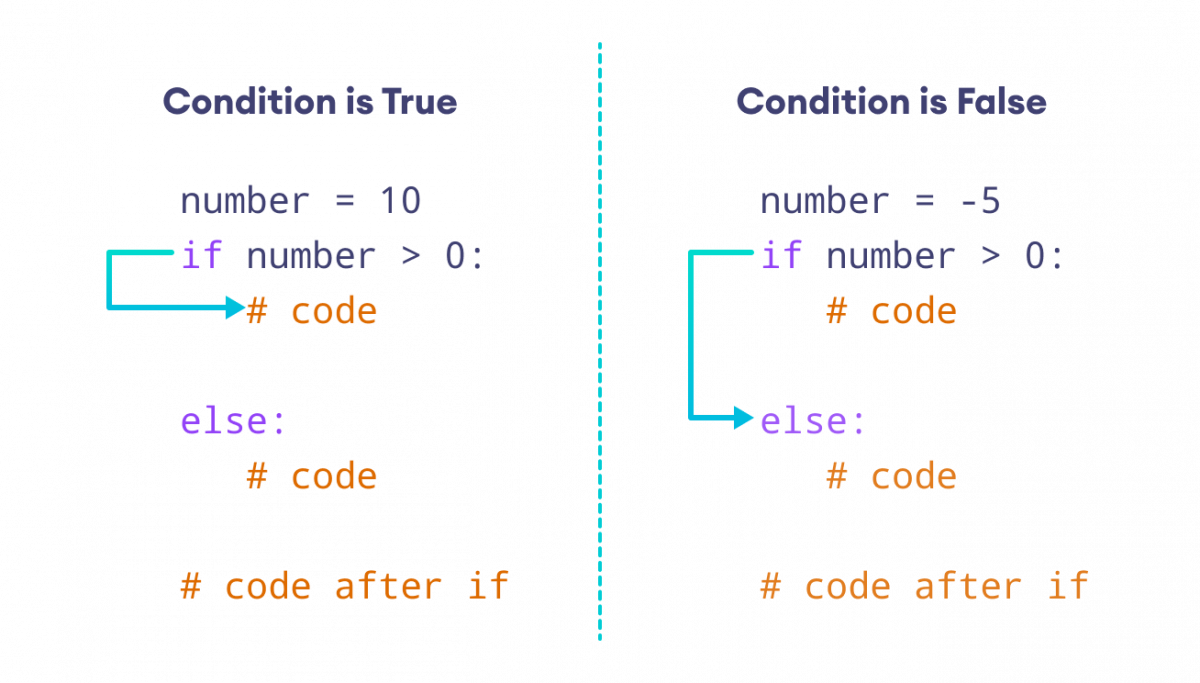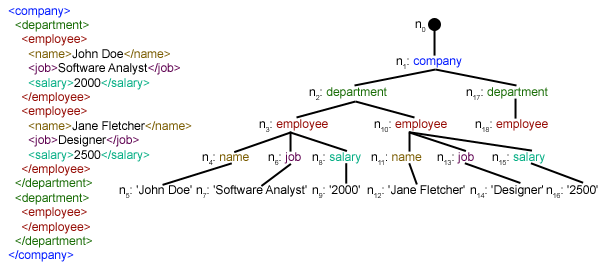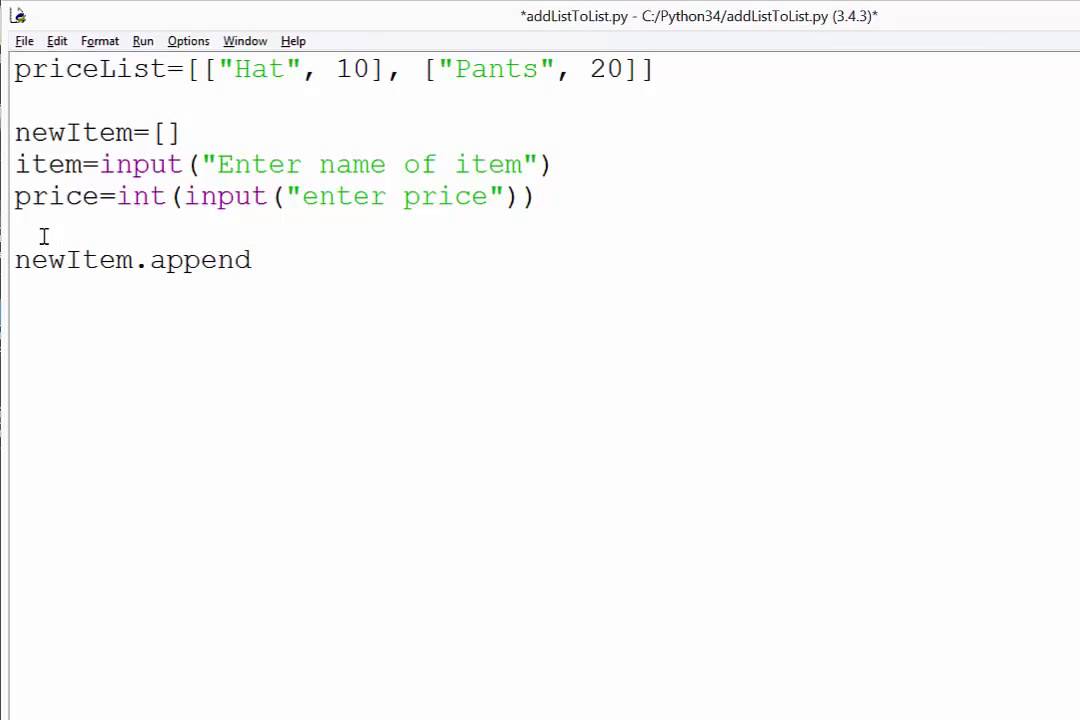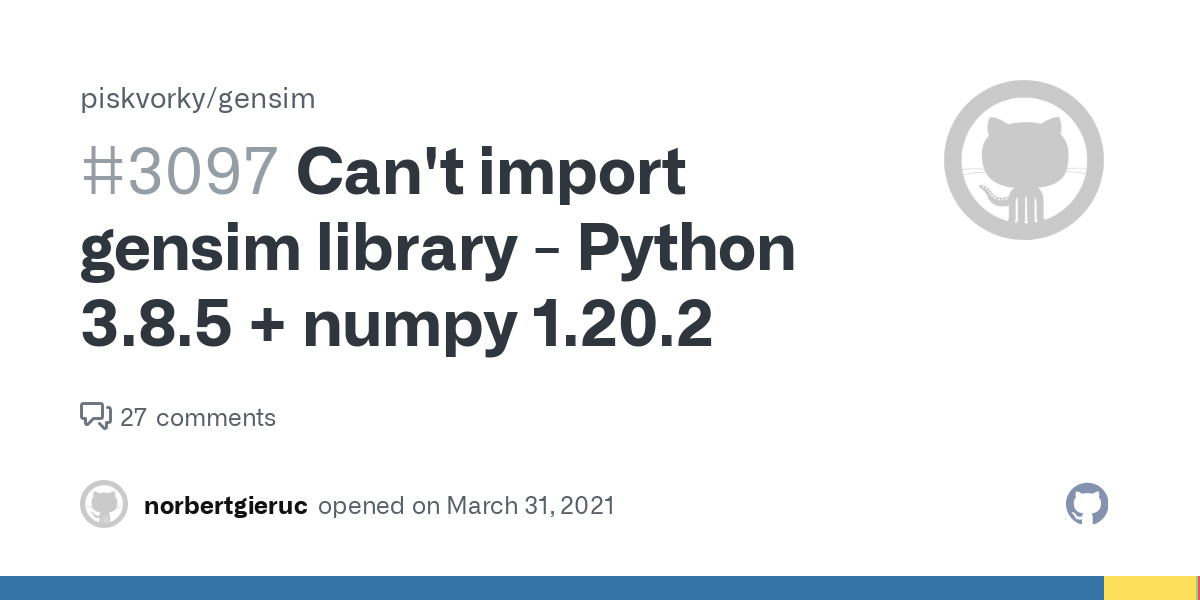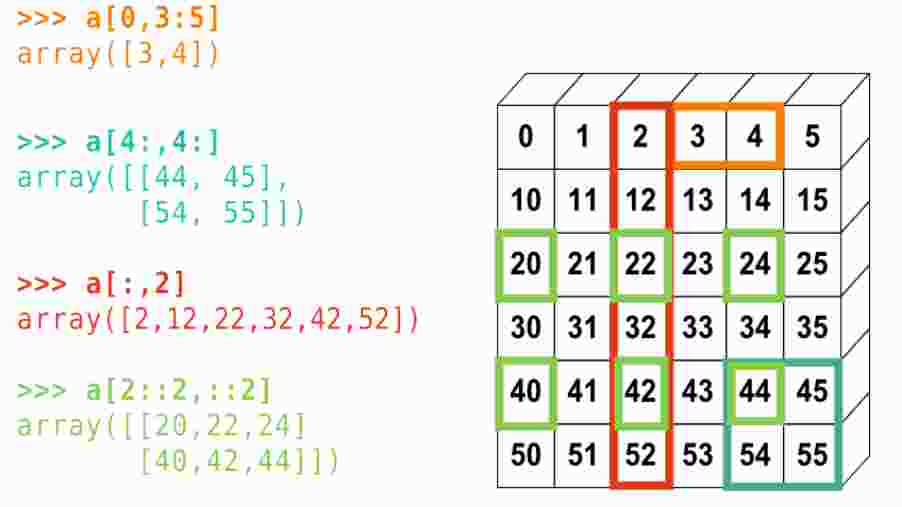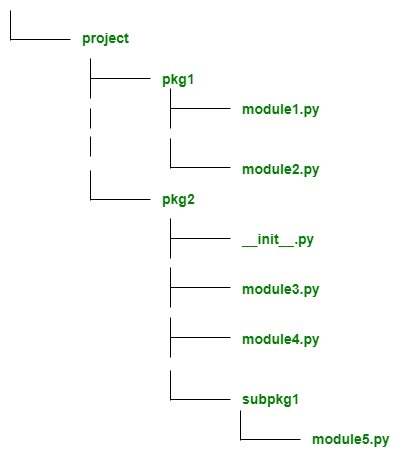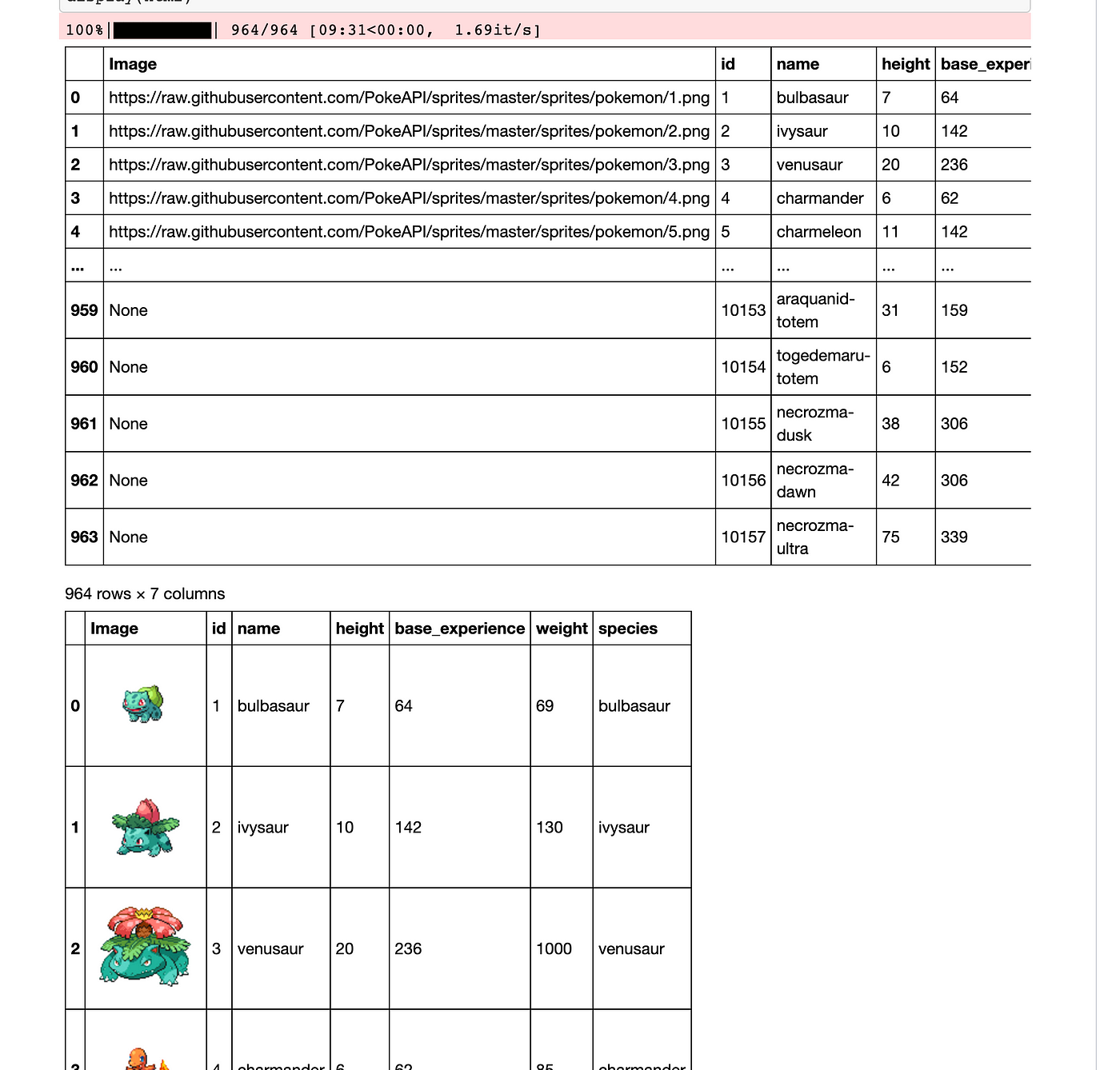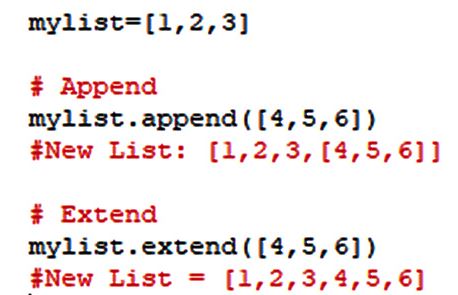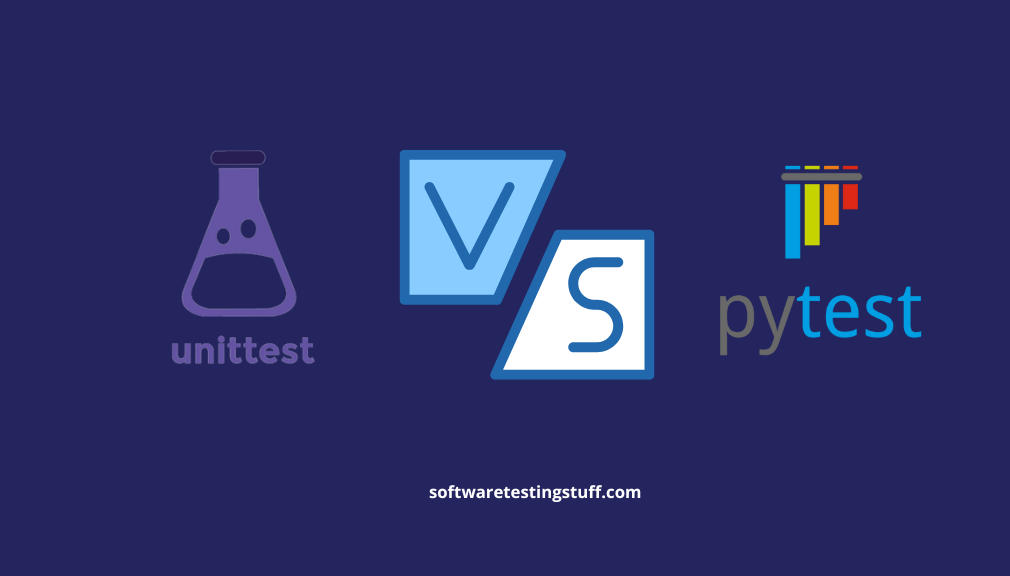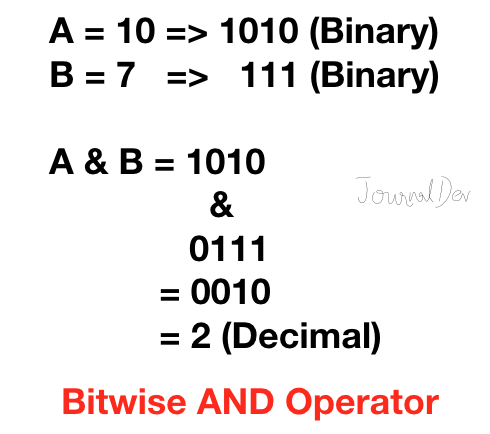What is the if-else Elif statement in Python?
What is the if-else Elif statement in Python?
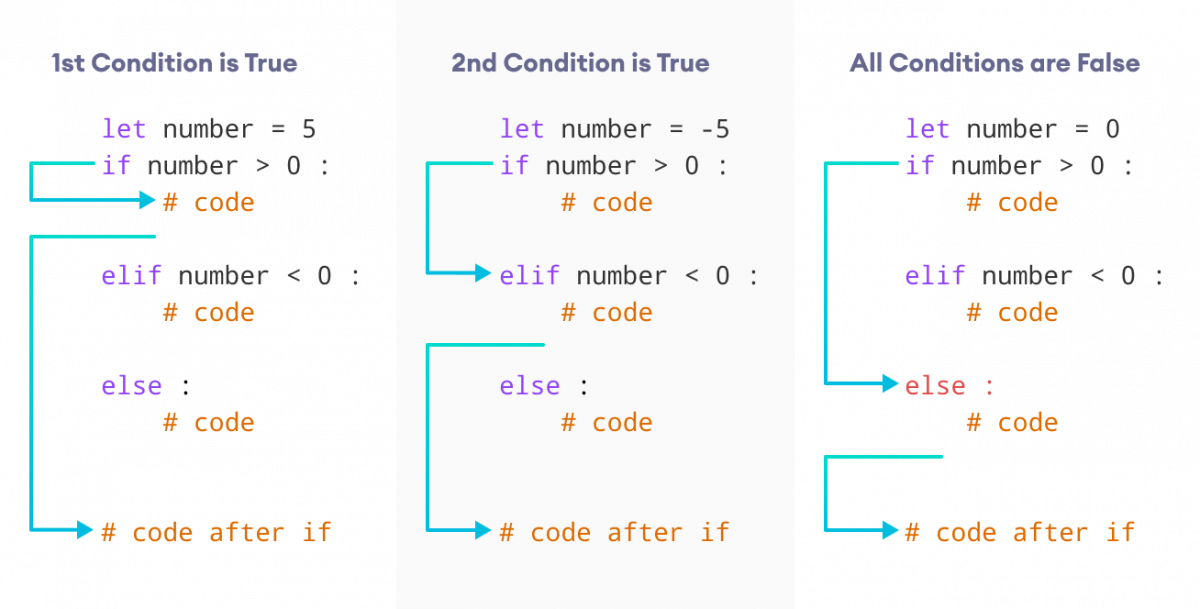
I'd be happy to explain the if-else elif statement in Python.
In programming, conditional statements are used to execute different blocks of code based on specific conditions or criteria. In Python, one such conditional statement is the if-else elif statement, which allows you to specify multiple conditions and execute different blocks of code accordingly.
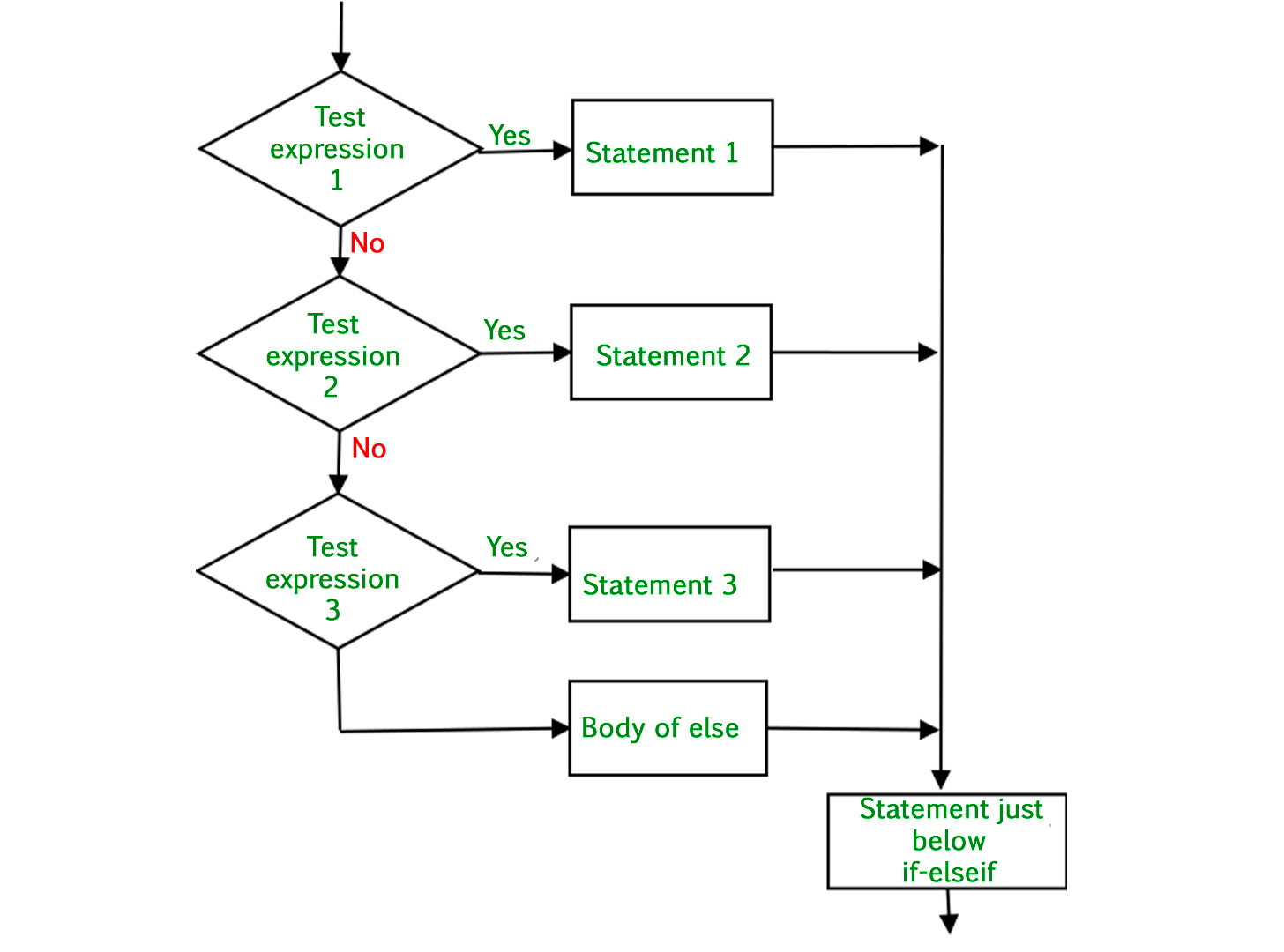
The basic syntax for an if-else elif statement in Python is as follows:
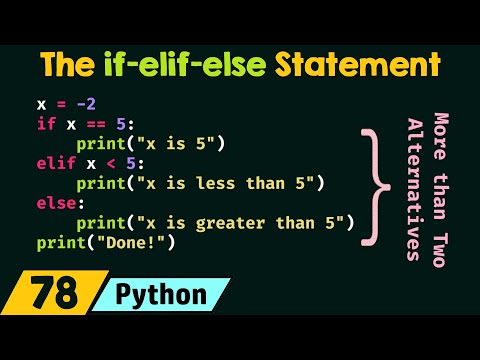
if condition1:
code to execute if condition1 is True
elif condition2:
code to execute if condition1 is False but condition2 is True
else:
code to execute if all conditions are False
Here, condition1 and condition2 are Boolean expressions that can be evaluated as either True or False. The if block will be executed if condition1 evaluates to True, the elif block will be executed if condition1 is False but condition2 is True, and the else block will be executed if both condition1 and condition2 are False.
Let's take a look at an example:
x = 5
if x > 10:
print("x is greater than 10")
elif x == 5:
print("x is equal to 5")
else:
print("x is less than 10")
When you run this code, the output will be "x is equal to 5", because x is indeed equal to 5. If x were greater than 10, the first block would have been executed, and if it were less than 10, the third block would have been executed.
In addition to being used for simple conditionals, the if-else elif statement can also be used in more complex scenarios, such as validating user input or making decisions based on external conditions. For example:
age = int(input("Enter your age: "))
if age >= 18:
if age < 65:
print("You are an adult.")
else:
print("You are a senior.")
elif age < 13:
print("You are a minor.")
else:
print("I don't know what to make of that age...")
In this example, the code checks whether the user's age is greater than or equal to 18, and if so, it then checks whether the age is less than 65. If both conditions are true, the code prints "You are an adult." If the age is not less than 65 (i.e., it's 65 or older), the code prints "You are a senior." If the user's age is less than 13, the code prints "You are a minor." Finally, if none of these conditions apply (i.e., the age is something weird like 1000!), the code prints a message indicating that it doesn't know what to make of that age...
In summary, the if-else elif statement in Python allows you to specify multiple conditions and execute different blocks of code accordingly. It can be used for simple conditionals or more complex scenarios, such as validating user input or making decisions based on external conditions.
Can we use else after Elif in Python?
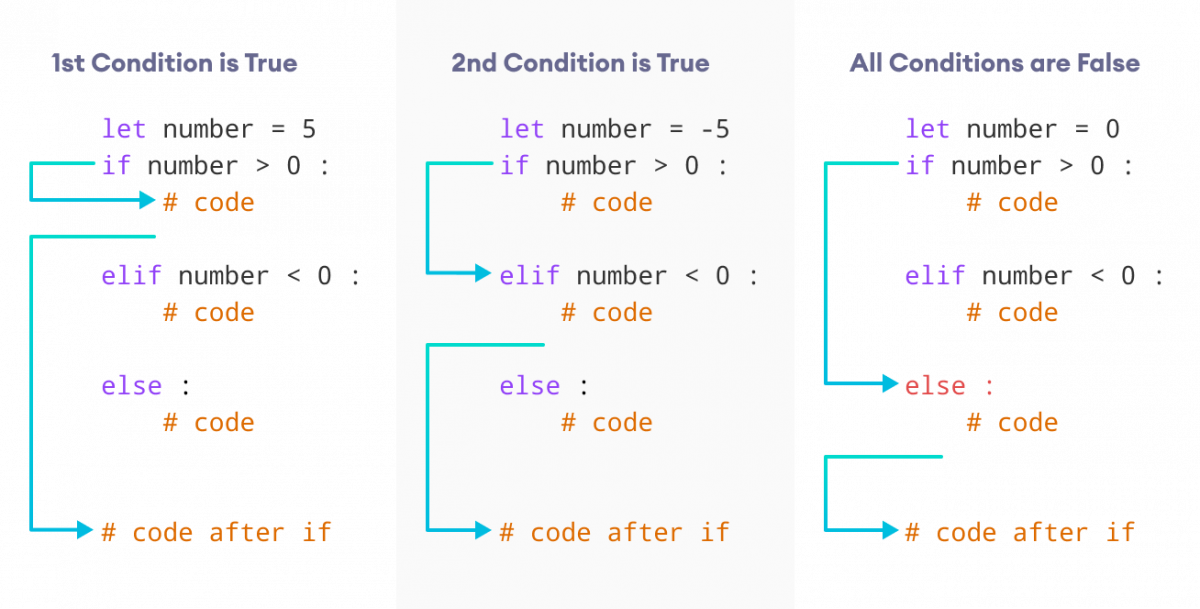
I'd be happy to help!
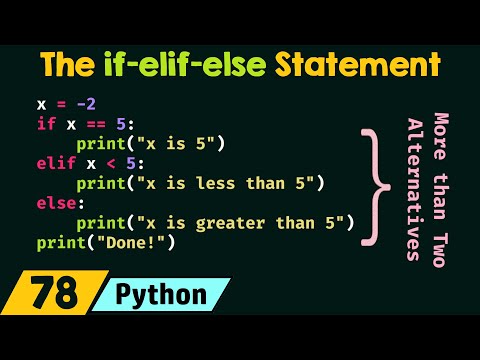
In Python, the else clause is used with a loop (like for or while) and not with an if statement. The elif statement is used to check another condition if the initial condition in the if statement is false.
The syntax for using else with a loop is as follows:
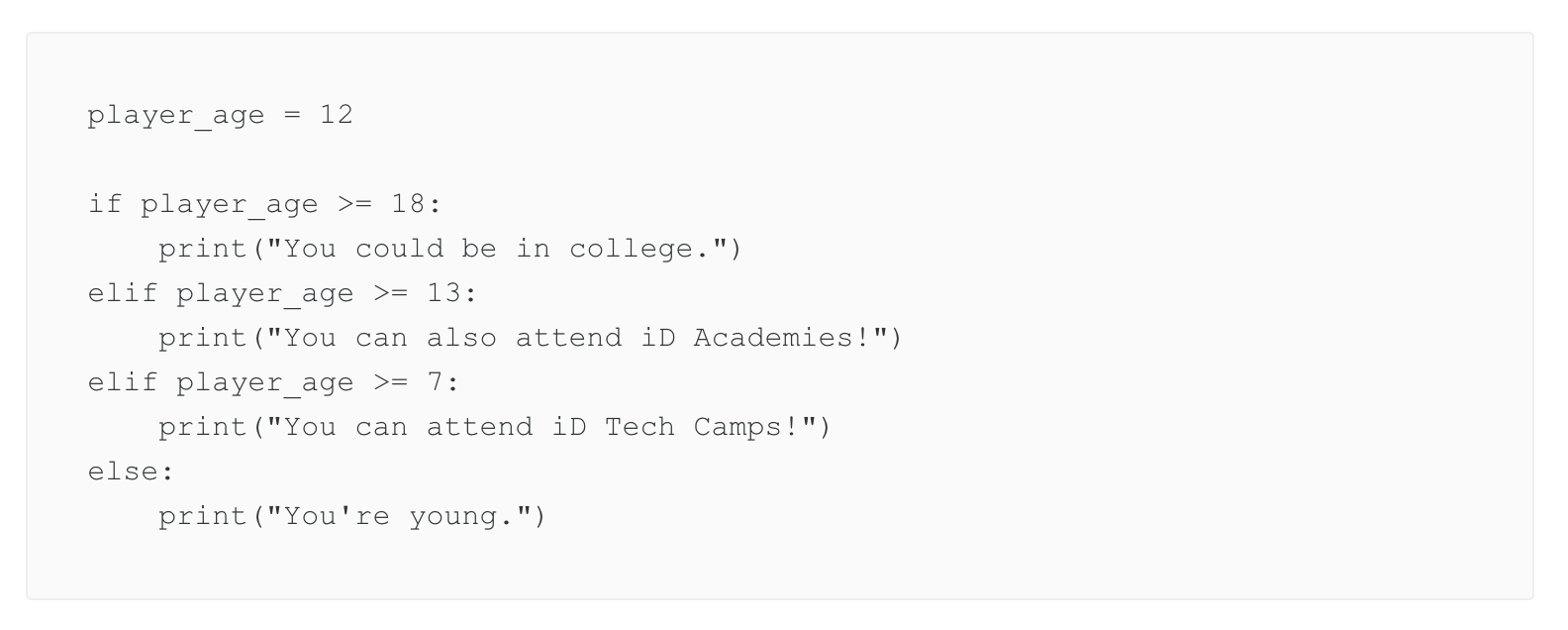
for variable in iterable:
do something
else:
execute this block when the loop finishes without finding a break or continue
For example, consider a program that iterates over a list and prints each element. If the list is empty, it will print "List is empty" instead of printing each element:
fruits = []for fruit in fruits:
print(fruit)
else:
print("List is empty")
In this case, since the fruits list is empty, the program will print "List is empty".
On the other hand, if you're trying to use an else clause with an if statement, you would get a SyntaxError. Python does not support using an else clause directly after an if or elif statement.
To achieve similar behavior to what you might expect from an else clause with an if statement, you could use the following syntax:
if condition: do somethingelse:
execute this block if the condition is false
However, be aware that this syntax does not imply that the code within the else clause will only be executed when the if condition is false. It means that this code will be executed if none of the conditions in the preceding if-elif statements are true.
So, to summarize: you cannot directly use an else clause with an if or elif statement in Python. Instead, you should use a separate else clause with a loop (like for or while) if that's what you intend to achieve.
